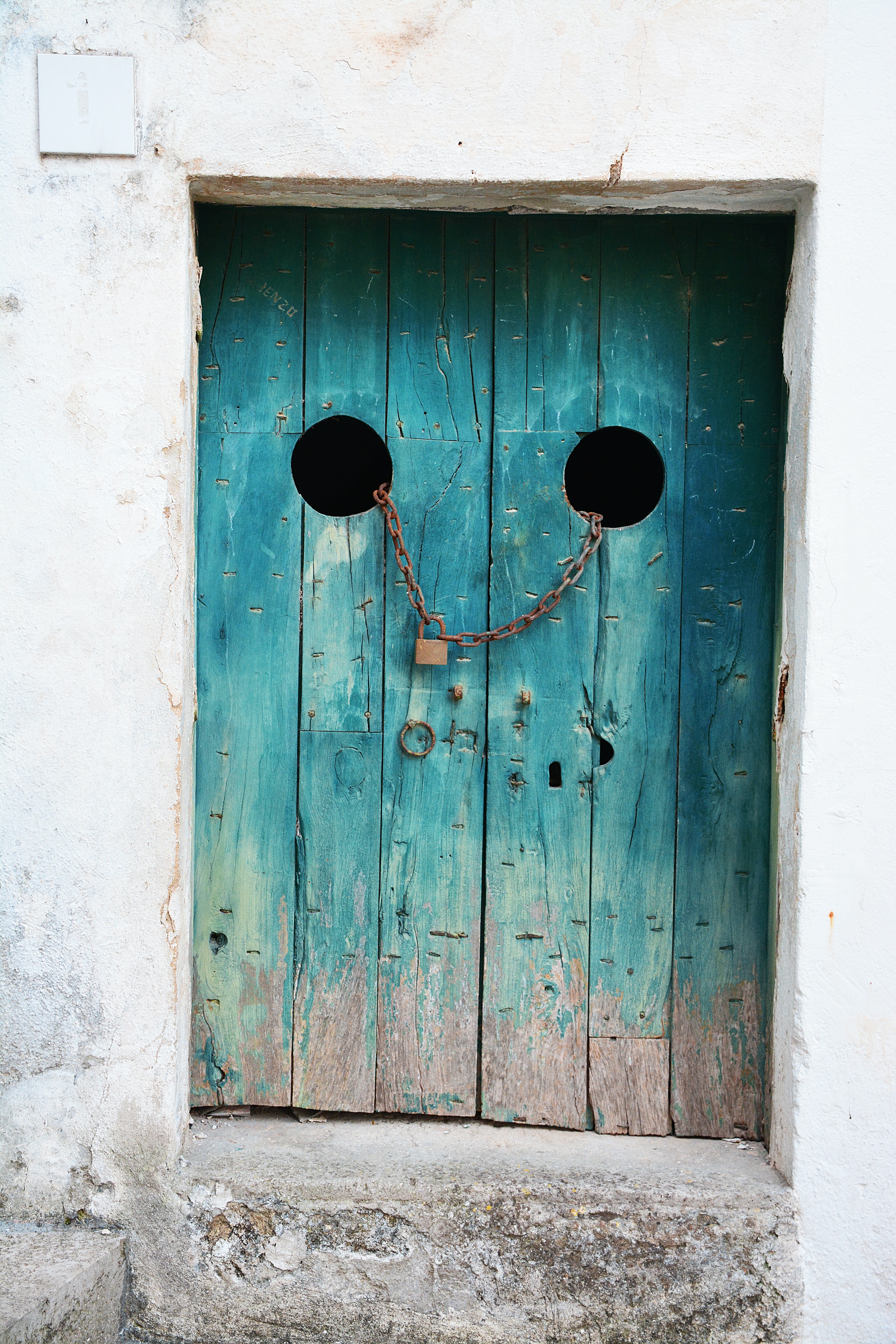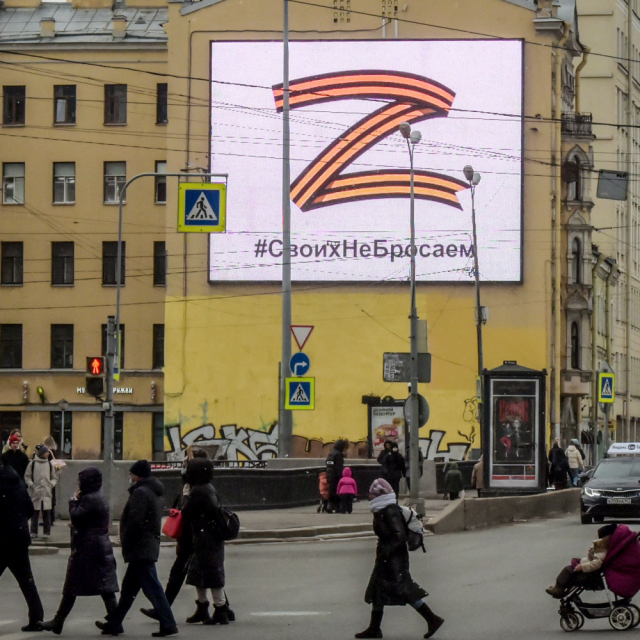Photo by Bogdan Dada on Unsplash
The coronation of King Charles III would always be a special moment in history, but future historians may regard an earlier announcement as his “crowning achievement”: the opening of sealed royal archives to reveal details of the monarchy’s historic involvement in the slave trade.
This initiative is most welcome. What would now be equally welcome is admission from other European countries and institutions of their own involvement.
There is evidence of slavery in Europe two thousand years ago. The Roman empire effectively operated on the basis of slavery: it was the norm that those vanquished in battle were enslaved automatically. One in three of the population in Italy and one in five throughout the empire were slaves.
After the Roman empire collapsed, slavery flourished in Venice which became the centre of a vast international slave-trading network. With the rise of Islam, Venice realised the opportunities to sell slaves to the Saracens: eunuchs were particularly profitable and “castration houses” evolved in Venice as well as Verdun in France to meet demand. Christian slaves were routed via Venice before being sold on to Crete, Cyprus, Egypt and Morocco. By the twelfth century, Venice had become the richest city in the known world – thanks to the slave trade.
It was Venice which became indirectly responsible for the modern usage of the word “slave”: when the city stopped supplying Christians they cornered the market in Slavs, hence our use of the word today.
By the 15th century the New World was being discovered, and the dynamics of the slave trade changed with Portugal now offering slaves for sale initially in Lisbon cathedral square. Having colonised Madeira in 1420 and recognised it as ripe for sugar cultivation, the Portuguese established the template for productive plantations elsewhere: these could only prosper if there was a steady supply of forced labour. The first custom-built enclosed slave market in Europe was built in 1444 at Lagos in southern Portugal with this in mind.
The market was sponsored by the Order of Christ whose head was Prince Henry the Navigator, blessed by the Pope as “a true soldier of Christ”. Once Columbus had taken the first sugar plants across the Atlantic, one third of all the slaves shipped from Africa over the next four centuries would be transported to Brazilian plantations. Recently when Jair Bolsonaro was campaigning for the Presidency of Brazil he said: “If you want to know the real history, the Portuguese never even set foot in Africa”. Apparently, it was African tribal leaders who insisted on foisting their slaves on the reluctant Portuguese! A complete denial of reality, but he still got elected.
Columbus himself was in the slave trading business, writing in his journals that his mission was to capture all the slaves he could find – though his captives were Taino Indians from Hispaniola shipped eastwards to Europe. In 1455 Pope Nicolas V had issued a papal bull directing the new Spanish and Portuguese explorers “to invade, search out, capture, vanquish and subdue all Saracens and pagans whatsoever, and to reduce their persons to perpetual slavery”.
The papacy was thus responsible for effectively endowing the slave trade with a high moral purpose. Columbus believed he was doing God’s work, and he was not alone. Fervent Catholic Philip II of Spain embraced the opportunity, using slaves to mine vast quantities of diamonds and precious metals to enrich churches throughout Spain, not forgetting his own royal palaces. Should not all this be acknowledged today?
The Netherlands was the last European country to ban slavery. Dutch colonies in South America and the Caribbean propelled Amsterdam to become a major sugar refining centre. In the mid-17th century, some people were concerned about the morality of slavery and there was a discussion at a Great Assembly in 1655. The debate concluded that slaves had a better life than they would have had in their ancestral homelands, so that made everything OK. Four years later the Dutch opened the first slave market in North America, in New Amsterdam (present day New York). Only in 2022 did Prime Minister Mark Rutte formally apologise for the Dutch role in the slave trade.
Many European countries share experiences of slavery and its sordid history, though few have yet fully acknowledged it. Judged against the norms of the time it was never regarded as an issue, but that does not mean it should now be ignored, denied, or forgotten. The past is in the past and cannot be undone, but it is still our past and we live with its legacy today.
Britain, having led the participation and then the campaign for abolition, now leads the way in acknowledging it openly. Europe should follow King Charles and do the same. Only then can we – all of us – move on.





As a regular reader in Australia of Philip’s most interesting articles, I am amazed at his continuing depth of research and knowledge of his always very relevant articles to both the EU and to the UK. I am sure there must be many readers of these articles within the EU and well beyond the EU around the world who, like me, greatly appreciate Philip’s writings. Long may they continue. They are like a “breath of fresh air”. Malcolm